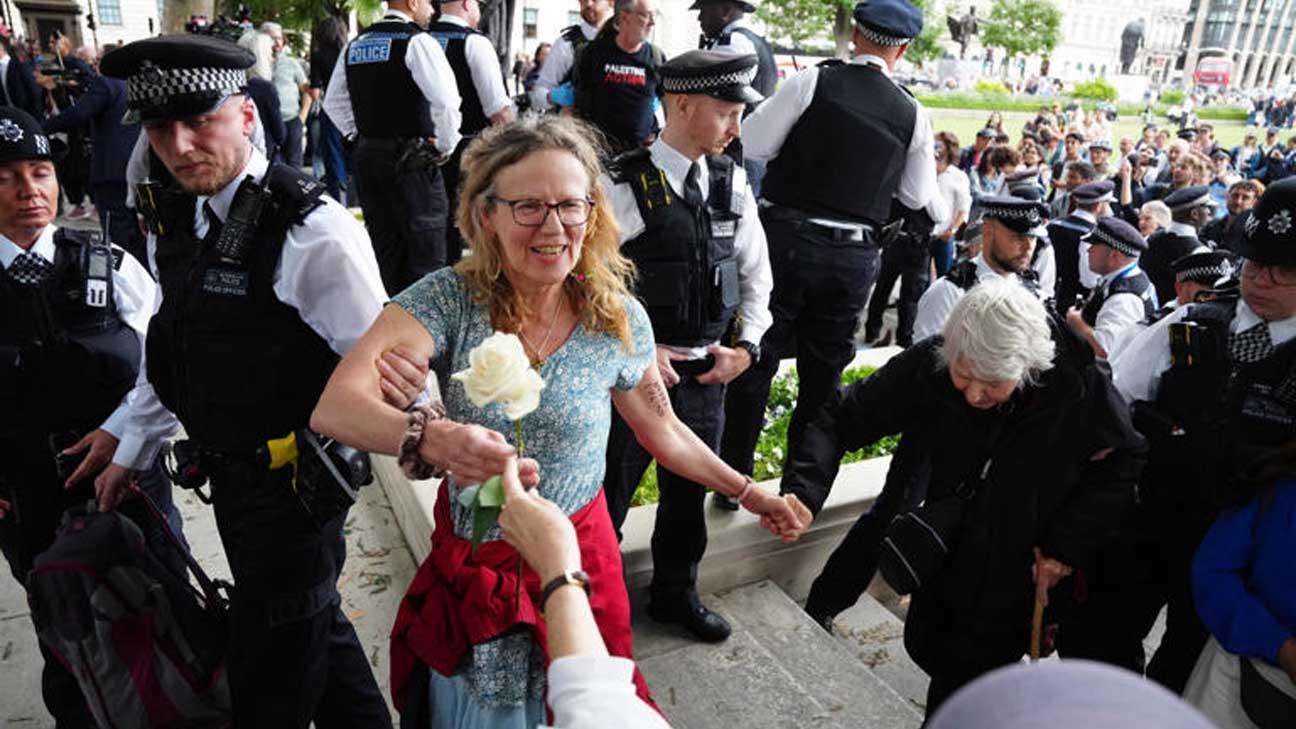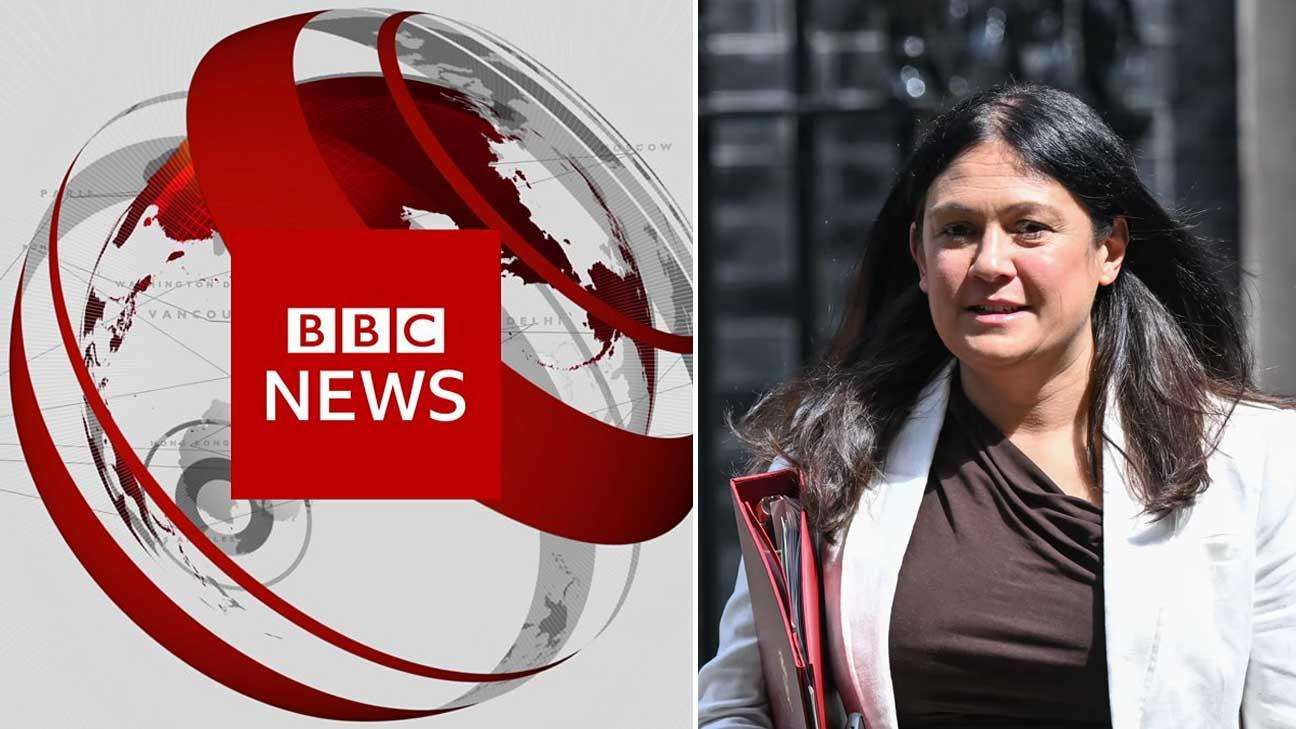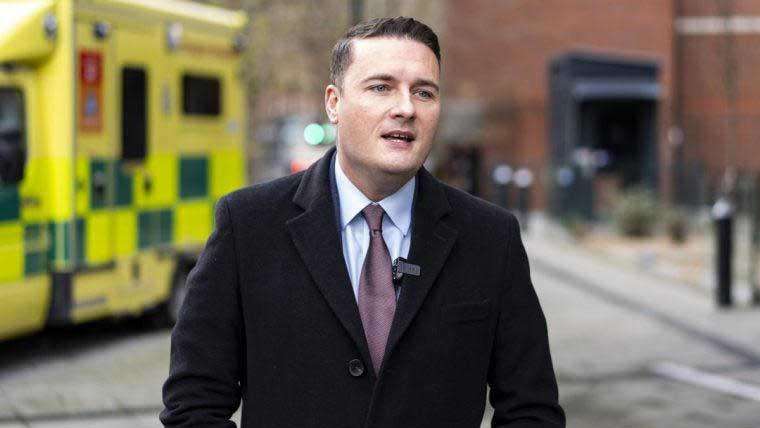Social care leaders worry that the government’s plan to have workers conduct NHS health checks could push care homes into deeper financial distress.
An independent commission on social care reform, led by Baroness Louise Casey, will launch in April. The initial findings are expected by mid-2026, but long-term recommendations won’t come until 2028, raising concerns that meaningful changes could be delayed by the next election cycle.
The initiative coincides with efforts to train staff for more health checks to improve care for the elderly and vulnerable, and to ease NHS pressure, along with increased funding for local services.
Nadra Ahmed, head of the National Care Association, told The i Paper that while the commission's formation is positive, the extended timeline is "far too long." Ahmed also expressed concerns about how improvements, like staff upskilling, will be achieved without additional funding.
She said: “You can’t rebuild the system in a short period of time, but they do need to bring the timescale down. It feels like it has been kicked back into the long grass, because by the time it takes to get the full report and have any action taken as a result we are getting into the next election.
“What worries me in many ways is that the situation we’re in right now is so difficult is what will the commission actually find that will make improvements in four years’ time that we wouldn’t find today?
“The other thing that is quite worrying for us as a sector is going to be extra delegation of health tasks that would normally be carried out by a GP or nurse.
“More and more has been pushed onto social care away from the NHS with no additional funding for the upskilling of our workforce. When you upskill staff you want to be in a position to reward them. There are a number of things we’re just going to have to wait and see the detail of.”
Other measures included in order to achieve the Government’s aim for a National Care Service, are increased use of technology and new national standards to improve support for elderly to live at home for longer.
A new digital platform will also be created to share medical information between NHS and care staff.
Despite Labour’s plans, providers have already warned tax rises and higher staffing costs announced in the Budget could force some care homes, which often operate under small margins, to close.
Social care will also be hit by a hike in the rate of National Insurance contributions paid by employers as well as increases to the minimum wage. From next spring the rate which employers pay in contributions will rise from 13.8 per cent to 15 on earnings above £175.
The sector welcomed an extra £600m (£1.3bn overall) in funding to local authorities for adult and children’s social care. But care groups say the money would be “wiped off instantly” by increased staffing costs with more than 100,000 vacancies last year remaining in the sector last year.
Sceptical care home bosses feel Thursday’s announcement was more a government wanting to be seen to be doing something rather than taking action. But other leaders supported the proposals saying ministers appeared serious over bringing about long-term change.
Caroline Abrahams, charity director at Age UK, said: “It’s a good idea to equip care professionals to carry out some simple health checks, indeed some already do this. There is a huge shortage of community nurses and meanwhile care professionals are there on the ground working with older people whose health is often fragile, so this approach makes a lot of sense.
“We hope that this is just one part of a much bigger Government led project to upskill care workers and, just as importantly, to grant them the enhanced status and improved terms and conditions they so richly deserve.”



_3.jpg)




.svg)


